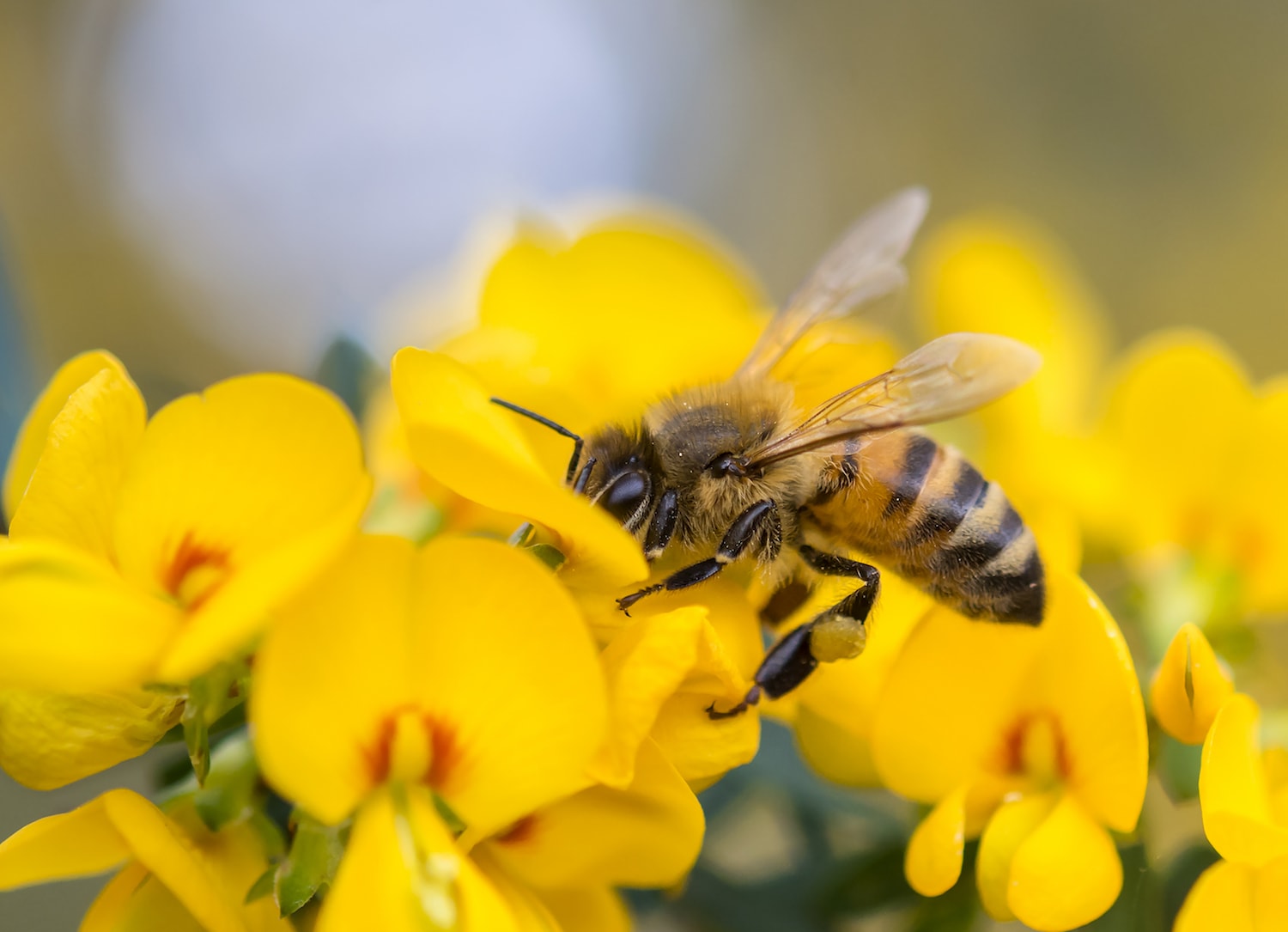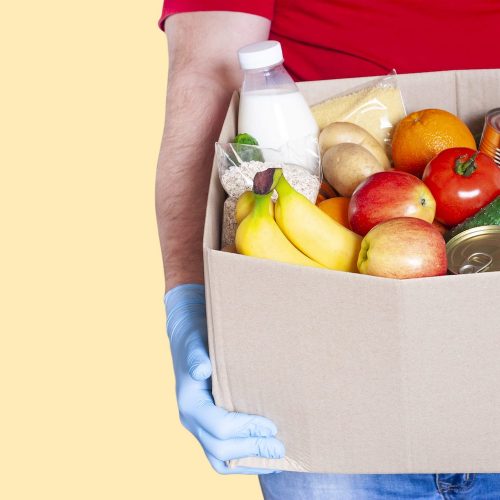If you noticed an increase in the number of bees in your yard this summer, there may be a very good reason.
The City of Airdrie was officially recognized as a Bee City in November of 2018 and the hard work of the Urban Beekeeping Pilot Project (UBPP) and Pollinator Working Group (PWG) seems to be paying off.
“The designation of Bee City means that Bee City Canada recognizes the commitment to develop, restore and preserve pollinator-friendly habitats across Airdrie,” says Fred Cheney, communications advisor for the City.
“It means that as a community, Airdrie is committed to engaging in practices to ensure that pollinator-friendly habitats are creating a positive ecosystem and healthy environment for its residents.”
Two years ago, council approved the UBPP – backyard or urban beekeeping is the practice of keeping bee colonies in urban areas.
Airdrie is the 23rd city in Canada and the second in Alberta to become part of the pollinator movement.
Some of the work the City is doing to protect and support healthy pollinator populations includes:
- planting more than 500 native tree and shrubs annually
- maintaining pollinator areas within parks, pathways and gardens
- maintaining the community orchard
- providing educational opportunities for residents to learn about pollinators
Cheney says residents can help by participating in the pilot beekeeping project or by volunteering to be a part of the PWG.
“We can all do our part by planting pollinator-friendly species of plants and flowers in our own green spaces,” he adds.
The PWG is a group of volunteers that work with the City to provide educational experiences and community stewardship activities relating to native pollinators and their habitat. They are currently seeking volunteers.
Why should you care about pollinators?
Honeybees are used extensively for agricultural pollination (canola, alfalfa, clover) and are critical for the success of whole crops such as blueberries, cherries, almonds, apples, pears and strawberries.
While there are many species of butterflies, moths, flies, beetles and birds that provide the function of pollinators, bees are the major group of pollinators.
- 90 per cent of wild flowering plants globally depend on animal pollination for producing their seeds.
- Pollinators are responsible for 35 per cent of the world’s crop production.
- Caring for bees and other pollinators is part of the fight against world hunger.
- Ensuring biodiversity among these species is crucial to build resilience in agroecosystems and adapt to climate change.
For more information, click here.
stacie@frogmediainc.ca






